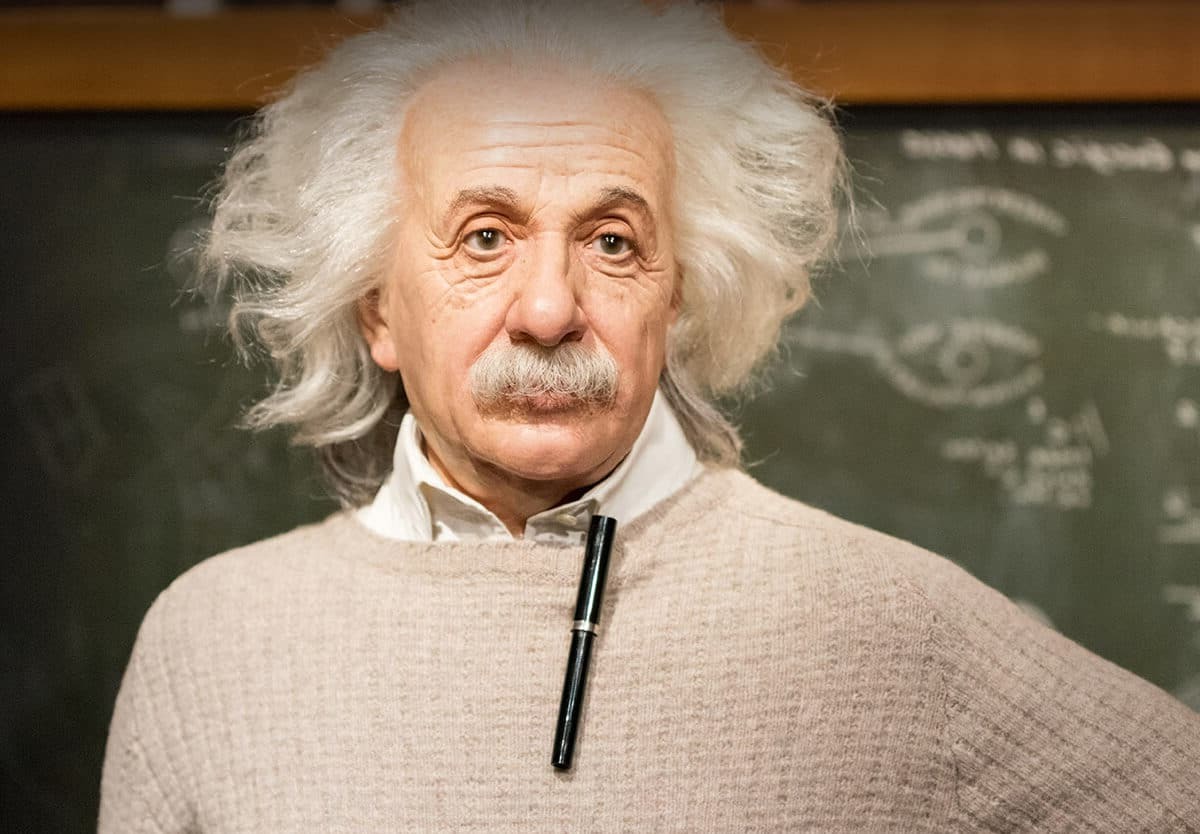
Albert Einstein, a name synonymous with genius, revolutionized our understanding of the universe. Did you know he didn't speak until he was four years old? This quirky fact is just the tip of the iceberg. From his groundbreaking theory of relativity to his lesser-known love for music, Einstein's life is a blend of scientific brilliance and human eccentricity. Ever wondered why he always had that wild hair? Or how he contributed to the development of the atomic bomb? Dive into these 21 intriguing facts about Einstein that will not only surprise you but also give a glimpse into the mind of one of history's greatest thinkers.
Early Life and Education
Albert Einstein's early years were marked by curiosity and a thirst for knowledge. Here are some fascinating facts about his beginnings:
- Born on March 14, 1879, in Ulm, Germany, Einstein showed an early interest in science and mathematics.
- Despite popular belief, Einstein was not a poor student. He excelled in math and physics from a young age.
- At age 16, he wrote his first scientific paper, which explored the nature of the ether in the context of electromagnetic fields.
- Einstein attended the Swiss Federal Polytechnic in Zurich, where he graduated in 1900 with a degree in physics.
Career and Major Contributions
Einstein's career was filled with groundbreaking discoveries that changed the world of physics forever. Here are some key highlights:
- In 1905, often referred to as his "Annus Mirabilis" or "Miracle Year," Einstein published four pivotal papers that revolutionized physics.
- One of these papers introduced the theory of special relativity, which includes the famous equation E=mc².
- He received the Nobel Prize in Physics in 1921 for his explanation of the photoelectric effect, not for his theories of relativity.
- Einstein's general theory of relativity, published in 1915, provided a new understanding of gravity and predicted phenomena such as black holes and gravitational waves.
Personal Life and Beliefs
Einstein's personal life and beliefs were as intriguing as his scientific achievements. Here are some insights:
- He married Mileva Mari? in 1903, and they had two sons, Hans Albert and Eduard.
- Einstein was a passionate violinist and often used music as a way to relax and think through complex problems.
- He was a committed pacifist and spoke out against war and violence throughout his life.
- Einstein was offered the presidency of Israel in 1952 but declined, stating he lacked the necessary experience and skills.
Later Years and Legacy
Einstein's later years were marked by continued scientific inquiry and a lasting impact on the world. Here are some notable facts:
- He moved to the United States in 1933 to escape the rise of the Nazi regime in Germany.
- Einstein worked at the Institute for Advanced Study in Princeton, New Jersey, until his death in 1955.
- He was instrumental in the development of the atomic bomb, although he later advocated for nuclear disarmament.
- Einstein's brain was removed for study after his death, revealing an unusually high number of glial cells in the region responsible for synthesizing information.
Fun and Lesser-Known Facts
Beyond his scientific contributions, Einstein's life was full of interesting and lesser-known facts:
- He had a great sense of humor and often used wit to make complex ideas more accessible.
- Einstein's iconic wild hair was the result of his disdain for haircuts and grooming.
- He was a member of the NAACP and worked alongside civil rights leaders like W.E.B. Du Bois.
- Einstein loved sailing but was notoriously bad at it, often getting lost or capsizing his boat.
- Despite his fame, Einstein remained humble and often said that he was just passionately curious.
Einstein's Legacy Lives On
Albert Einstein's contributions to science and humanity are nothing short of legendary. His theory of relativity changed how we understand space and time, while his E=mc² equation revolutionized physics. Beyond his scientific achievements, Einstein was a passionate advocate for civil rights and world peace. His quirky personality and unconventional thinking made him a beloved figure worldwide.
Einstein's work continues to influence modern science, from quantum mechanics to cosmology. His curiosity and relentless pursuit of knowledge remind us that imagination and creativity are just as important as intellect. Whether you're a budding scientist or just someone who loves a good story, Einstein's life offers endless inspiration.
So next time you look up at the stars or ponder the mysteries of the universe, remember the man who dared to ask, "What if?" His legacy lives on in every question we ask and every discovery we make.
Was this page helpful?
Our commitment to delivering trustworthy and engaging content is at the heart of what we do. Each fact on our site is contributed by real users like you, bringing a wealth of diverse insights and information. To ensure the highest standards of accuracy and reliability, our dedicated editors meticulously review each submission. This process guarantees that the facts we share are not only fascinating but also credible. Trust in our commitment to quality and authenticity as you explore and learn with us.


